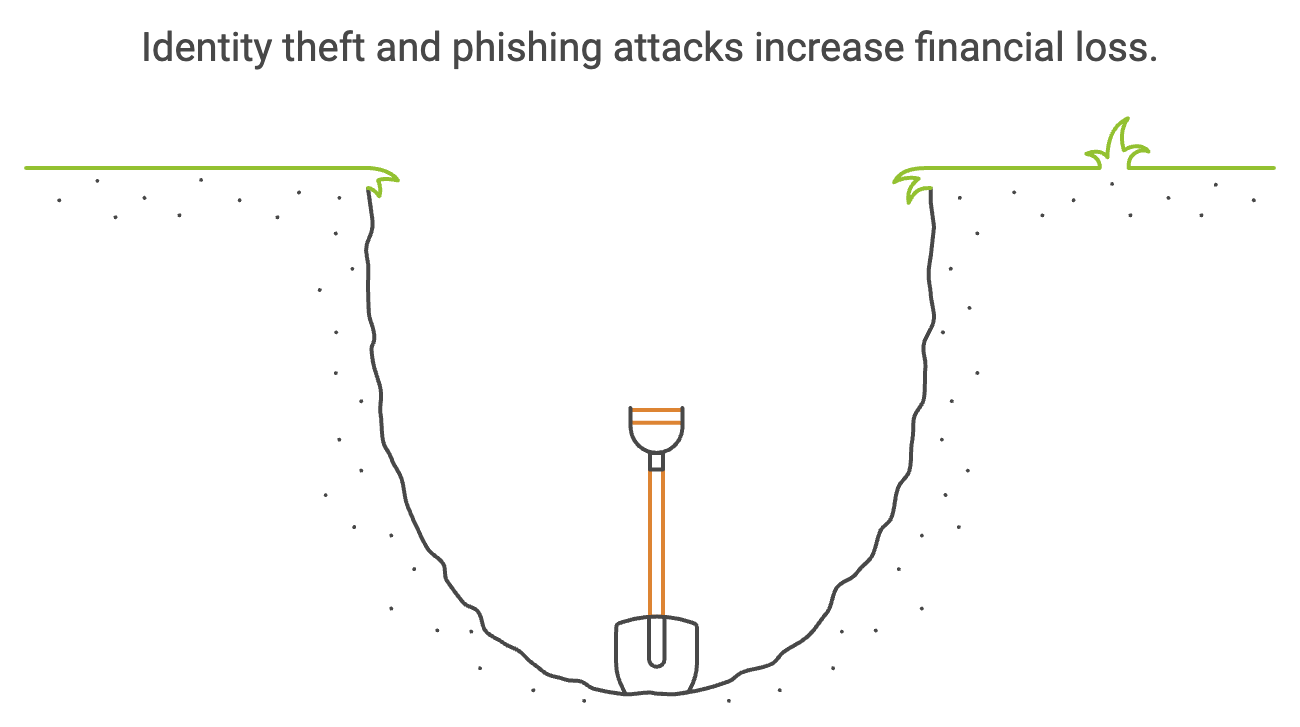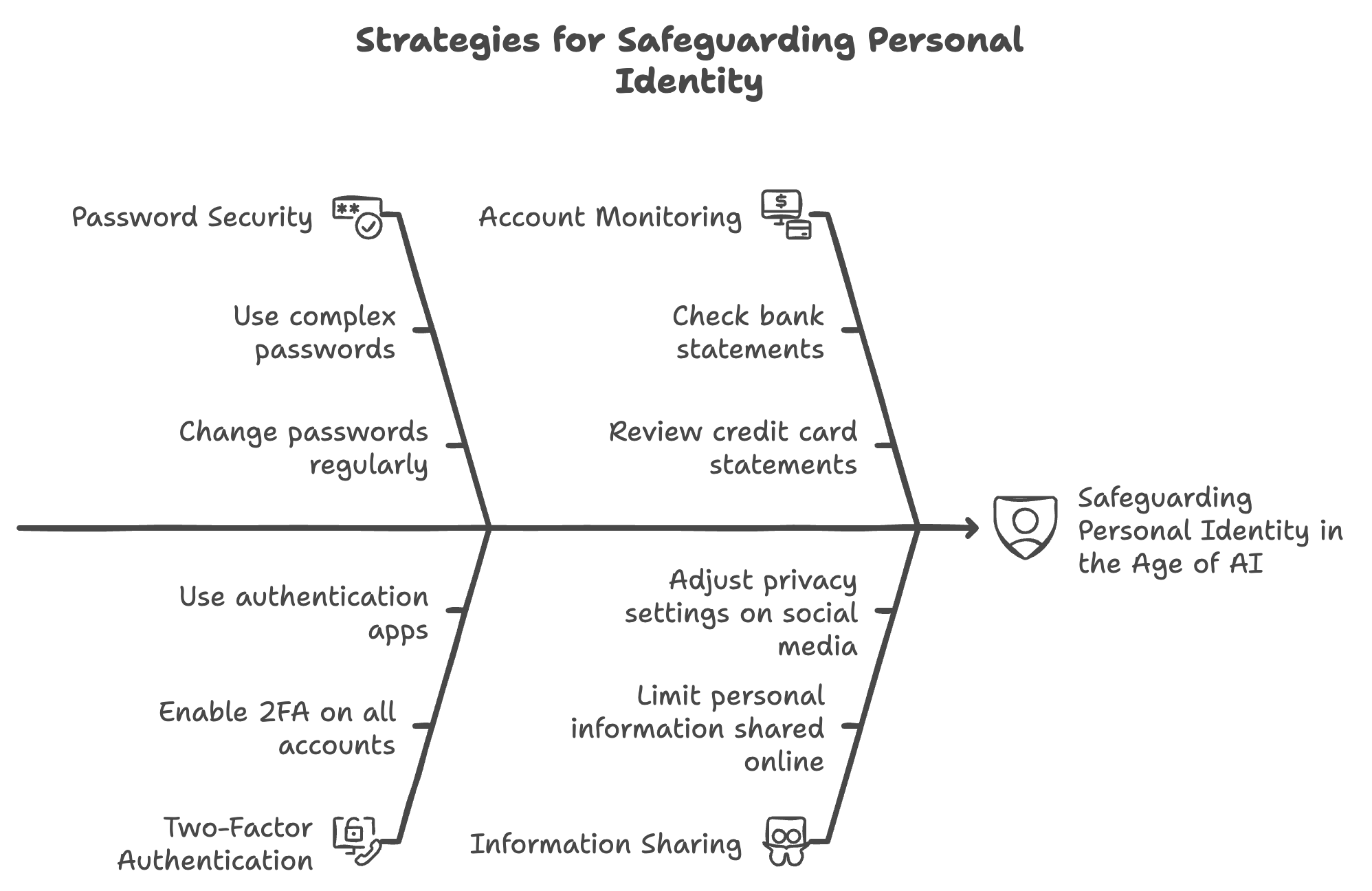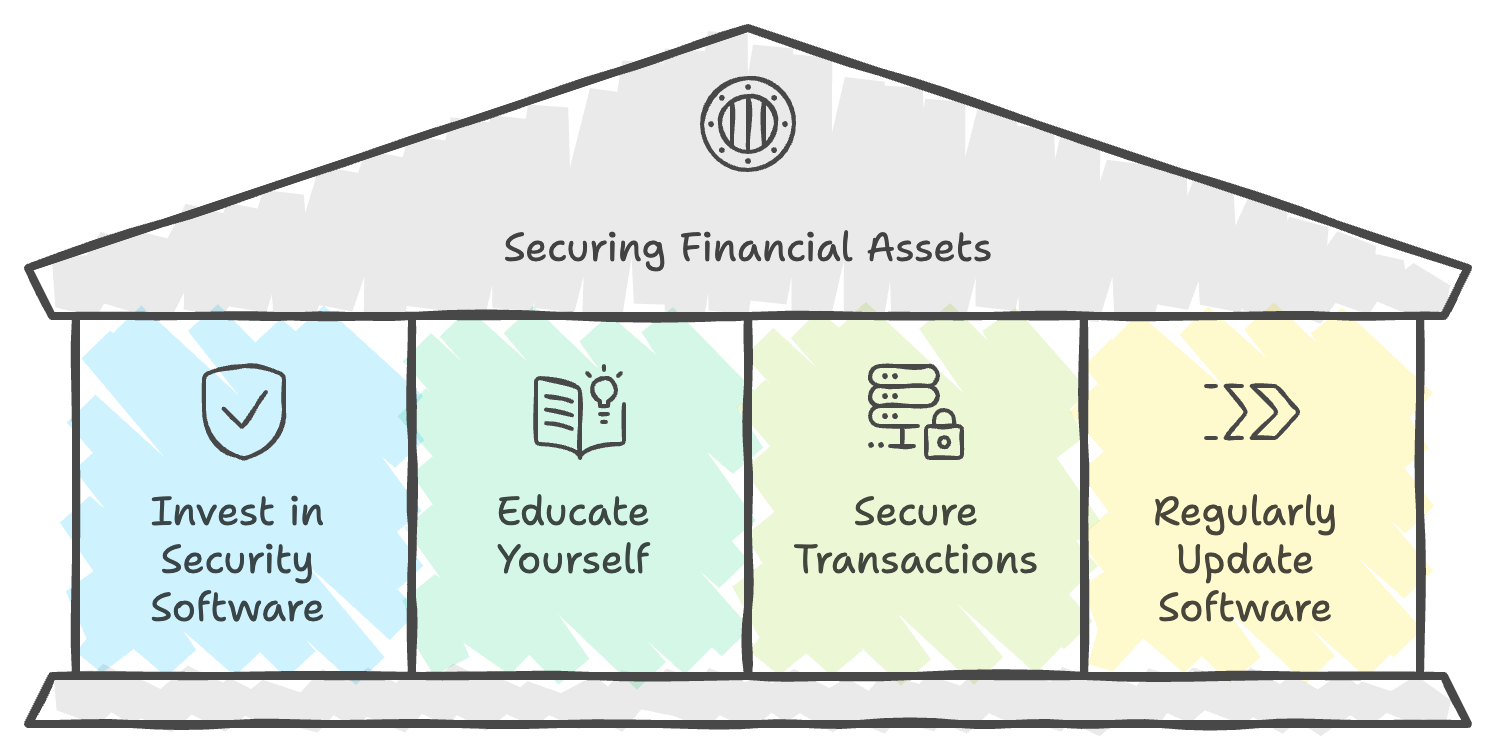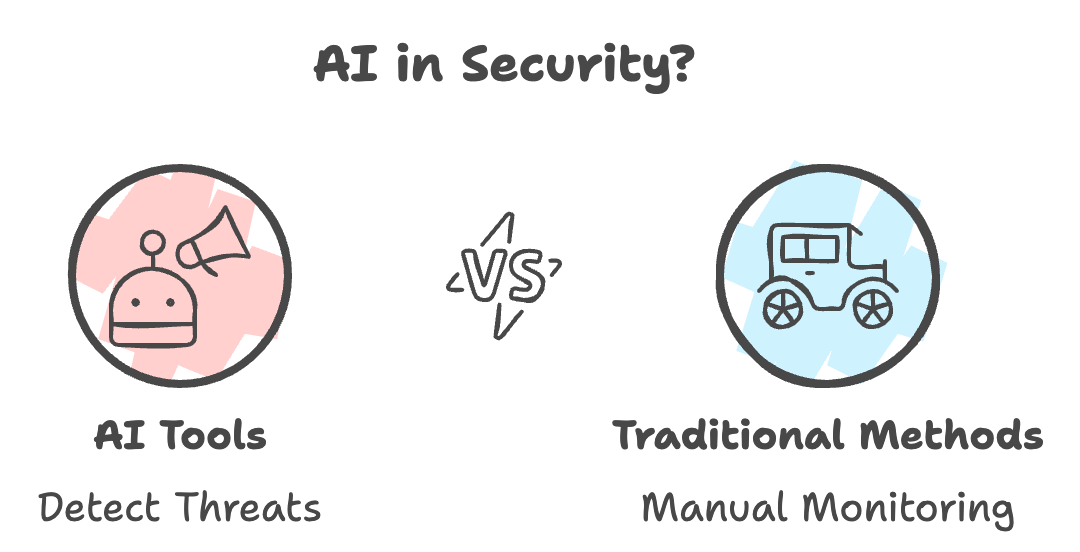
Understanding the Risk
As AI systems become more sophisticated, they also present new vulnerabilities. Cybercriminals are leveraging AI to enhance their attacks, making it crucial for individuals to understand the risks associated with their personal data and assets. Common threats include:
-
Identity Theft: AI can be used to automate the process of stealing personal information, making it easier for criminals to impersonate individuals.
-
Phishing Attacks: AI-generated phishing schemes can be more convincing, leading to higher success rates in deceiving victims.
-
Data Breaches: With the increasing amount of personal data stored online, breaches can expose sensitive information, leading to financial loss and identity theft.

In an era where artificial intelligence (AI) is rapidly evolving and becoming integrated into various aspects of daily life, the security of personal identity and assets has taken on new dimensions. This document explores the challenges and strategies associated with safeguarding personal information and financial assets in a world increasingly influenced by AI technologies. It delves into the implications of AI on privacy, the rise of cyber threats, and the measures individuals can take to protect themselves.

Protecting Personal Identity
To safeguard personal identity in the age of AI, individuals should adopt a proactive approach. Here are some strategies:
-
Strong Passwords: Use complex passwords and change them regularly. Consider using a password manager to keep track of them.
-
Two-Factor Authentication (2FA): Enable 2FA on all accounts to add an extra layer of security.
-
Monitor Accounts: Regularly check bank and credit card statements for unauthorized transactions.
-
Limit Sharing: Be cautious about the personal information shared online, especially on social media platforms.

Securing Financial Assets
In addition to protecting personal identity, securing financial assets is paramount. Here are some recommended practices:
-
Invest in Security Software: Use reputable antivirus and anti-malware software to protect devices from threats.
-
Educate Yourself: Stay informed about the latest scams and security threats related to AI.
-
Secure Transactions: Use secure payment methods and avoid public Wi-Fi when conducting financial transactions.
-
Regularly Update Software: Keep all software, including operating systems and applications, up to date to protect against vulnerabilities.

The Role of AI in Security
Interestingly, AI can also play a significant role in enhancing security measures. Organizations are increasingly using AI-driven tools to detect and respond to threats in real-time. These tools can analyze patterns and identify anomalies that may indicate fraudulent activity. As AI technology continues to advance, it will be essential for individuals and businesses to leverage these tools to bolster their security posture.

Conclusion
As we navigate the complexities of the digital age, understanding personal identity and asset security in the context of AI is vital. By being aware of the risks and implementing effective security measures, individuals can better protect themselves against the evolving landscape of cyber threats. Embracing both proactive and reactive strategies will be key to ensuring safety and security in an increasingly AI-driven world.
